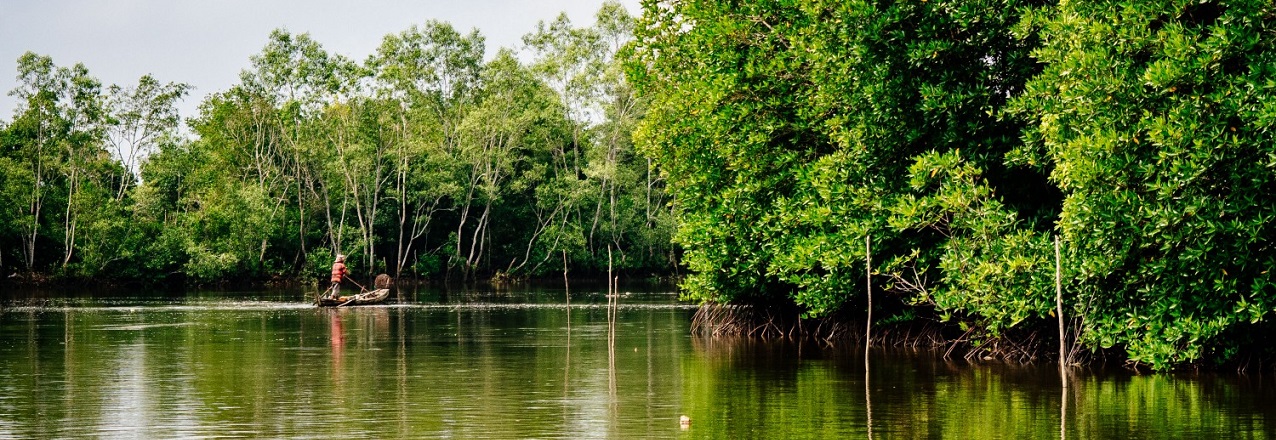On April 5, 2018, USAID LandLinks, Marketlinks and Agrilinks hosted an online, interactive presentation of the results from the recent, voluntary Investor Survey on Land Rights, which was conducted from October 2017 to February 2018.
Until now, information related to land tenure and resource rights primarily focused on cataloging information related to the geographic area under various forms of tenure or the location and size of land transactions, while project-level information and investor perceptions were missing. The Investor Survey on Land Rights fills the gap by reporting on private sector perceptions of land tenure risks and their strategies to address them.
This webinar shared results from the survey and provided evidence that investors quantitatively and qualitatively account for land risks in their investment decisions and actively work to mitigate potential land risks, and that when land risks materialize, there can be large financial impacts. The webinar also looked at successful business models that have been deployed to reduce risks for investors and provide benefits to local communities, also highlighted in the survey and report.
Jeffrey Hatcher of Indufor North America, presented and discussed the survey findings, and Finn Jacobsen of African Plantations for Sustainable Development (APSD) and Oriane Plédran of The Moringa Partnership discussed their live investment projects that seek to create benefits for their shareholders and local communities alike. The panel discussion was moderated by USAID’s Sarah Lowery.
Topics covered in the presentation of findings may include:
- Investor perceptions of how land-based risks have increased in recent years
- Perceived importance of land and resource rights in making investment decisions
- Approaches to measuring and/or pricing land tenure and resource-related risks
- Risk mitigation strategies for issues related to land and resource rights
- Case studies of successful, responsible land-based investments
Thursday, April 5, 2018
8:00 – 9:00 am EDT
Panelists
 Jeffrey Hatcher
Jeffrey Hatcher
Managing Director of Indufor North America
Jeffrey Hatcher is the Managing Director of Indufor North America, which provides sustainability and investment consulting services to public and private clients. He previously served as Director of Global Programs for the Rights and Resources Group where he led analytical projects on forest tenure policies, climate change, and investment risks. He began his career at the FAO Emergency and Land Tenure services in Sudan supporting the implementation of the land policy provisions of the Comprehensive Peace Agreement and land restitution for internally displaced people. He holds an MBA with a focus on finance from INSEAD, an MA in Development Studies from the University of Pavia, and a BA in International Relations from the College of William and Mary.
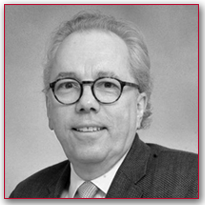 Finn Jacobsen
Finn Jacobsen
CEO of African Plantations for Sustainable Development (APSD)
Finn Jacobsen, CEO of African Plantations for Sustainable Development (APSD), has worked in the pulp and paper industry worldwide. APSD was incorporated by Erling S. Lorentzen with the aim to promote and facilitate sustainable forestry-based industrial investments in Africa. Since 2010, Mr. Jacobsen and Mr. Lorentzen have been developing eucalyptus plantations and a power generation facility near Atebubu, on the western shores of Lake Volta in central Ghana.
 Oriane Plédran
Oriane Plédran
Impact Officer, The Moringa Partnership
Since 2014, Ms. Plédran has worked on outgrower scheme development to include local communities into agri-business development and enhance positive social and environmental impacts. She specializes in agroforestry projects, ESG risk and impact analysis. She gained strong field experience in Nicaragua and Peru – where she performed socio-economic analysis of coffee and cocoa farmers – in Cameroon and India. Ms. Plédran graduated in International Affairs at Sciences Po Lyon and in Development Economics and Sustainable Development at CERDI, the French Research Centre dedicated to International Development. She is now a PhD Candidate at Sorbonne Paris Citeì (Paris Diderot) in Economics, co- directed by researchers from IRD and CIRAD. She focuses on the advancement of agroforestry practices through integration strategies and contract farming – in cocoa and coffee value chains.
Discussion Moderator
 Sarah Lowery
Sarah Lowery
Economist and Public-Private Finance Specialist, USAID E3/Land and Urban Office
Ms. Lowery leads the Land and Urban Office’s work on integrated finance for sustainable land use and responsible private sector investment. She focuses on the link between secure land tenure, increased investments and inclusive economic growth. Prior to joining USAID, Ms. Lowery managed the Public-Private Co-Finance Initiative at Forest Trends and has authored several papers and thought-pieces on climate finance innovations like REDD+ bonds and ways to utilize climate finance to unlock larger pools of capital-like domestic agricultural finance in the pursuit of conservation goals. Ms. Lowery holds an MBA and a master’s degree in Environmental Management from Yale University.


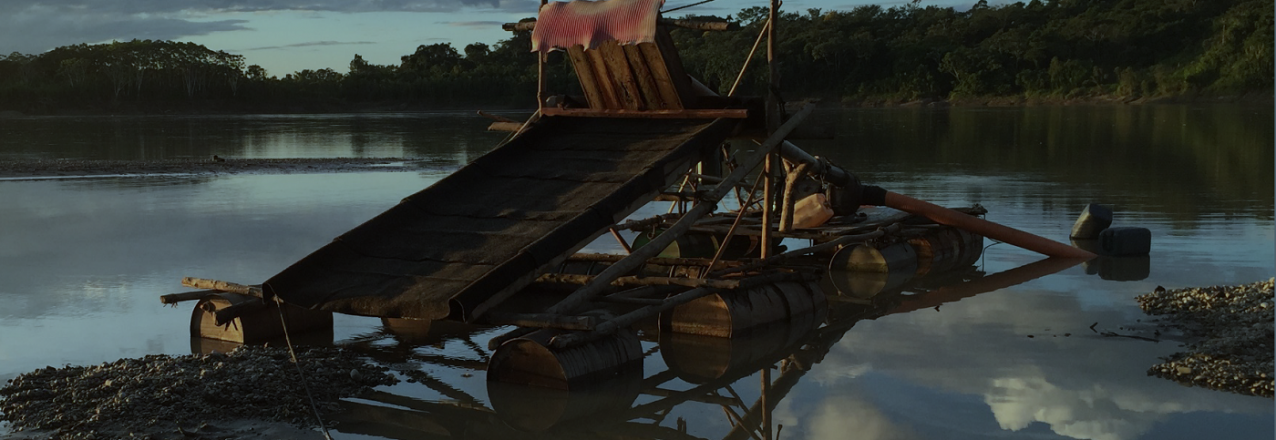
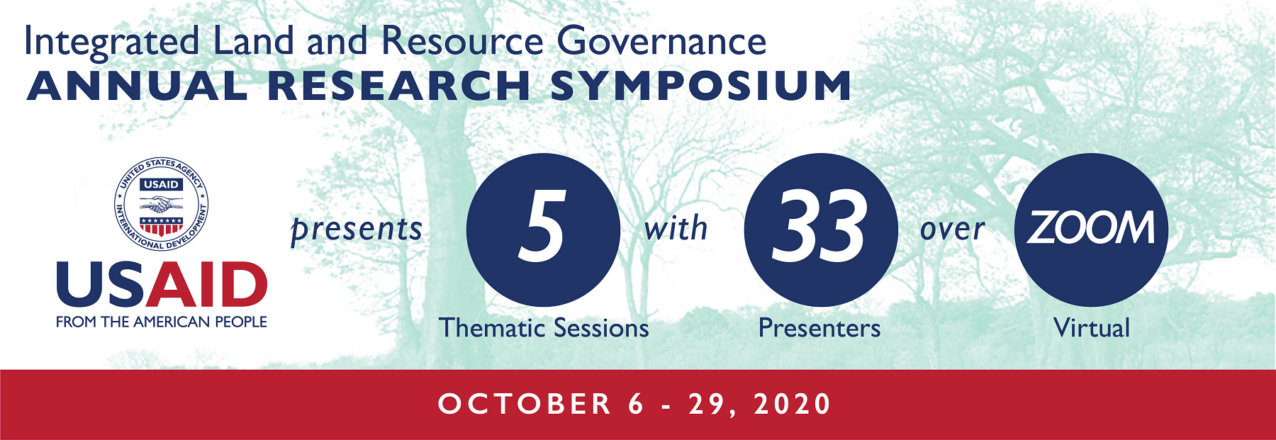
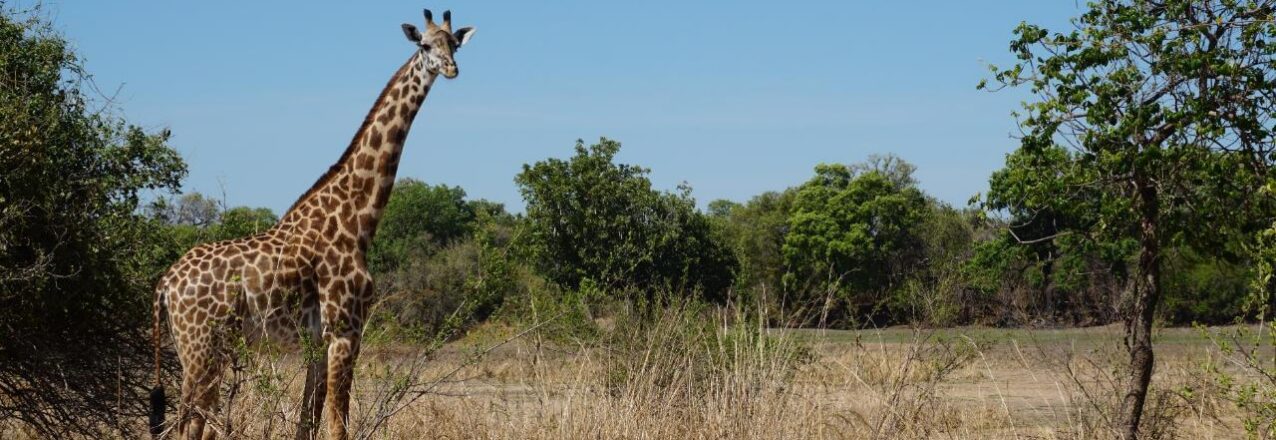


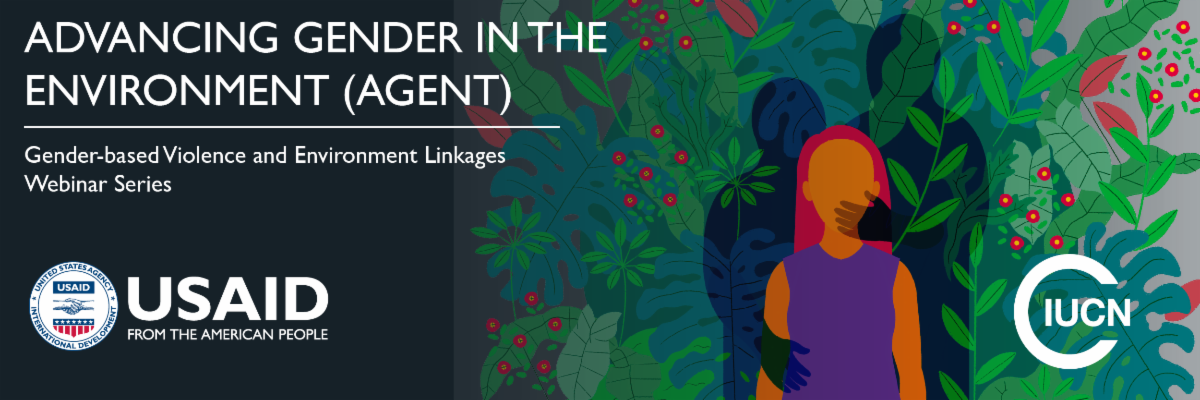
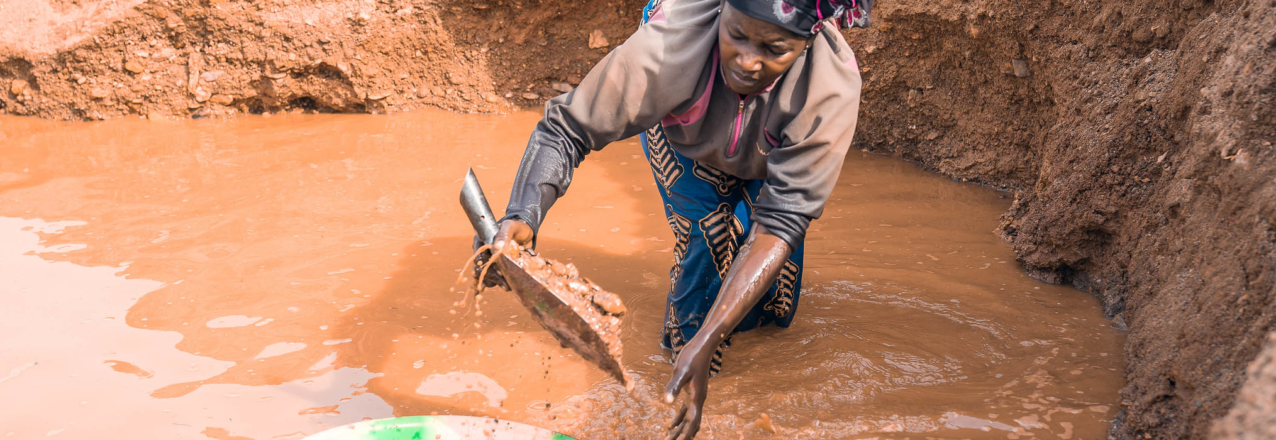
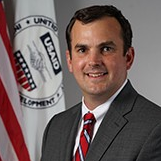 Jeffrey Haeni, Acting Deputy Assistant Administrator, USAID
Jeffrey Haeni, Acting Deputy Assistant Administrator, USAID Kimberly Thompson, Natural Resource Governance and Conflict Advisor, USAID E3/Land Team
Kimberly Thompson, Natural Resource Governance and Conflict Advisor, USAID E3/Land Team Joanne Lebert, Executive Director, IMPACT. Ms. Lebert leads IMPACT’s work to improve how natural resources are managed where security and human rights are at risk. Her work has focused on contributing to responsibly-sourced, conflict-free minerals and she has helped Central African governments launch and implement a regional strategy to tackle conflict minerals.
Joanne Lebert, Executive Director, IMPACT. Ms. Lebert leads IMPACT’s work to improve how natural resources are managed where security and human rights are at risk. Her work has focused on contributing to responsibly-sourced, conflict-free minerals and she has helped Central African governments launch and implement a regional strategy to tackle conflict minerals.
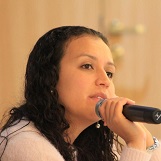 Nathalia Rocio Mendoza Baron, Gender Coordinator, Alliance for Responsible Mining (ARM). Ms. Mendoza is a political scientist and internationalist, coordinator. She leads gender mainstreaming into the projects and processes of the ARM. Previously she worked on promoting women’s rights through gender mainstreaming with the government of Bogotá.
Nathalia Rocio Mendoza Baron, Gender Coordinator, Alliance for Responsible Mining (ARM). Ms. Mendoza is a political scientist and internationalist, coordinator. She leads gender mainstreaming into the projects and processes of the ARM. Previously she worked on promoting women’s rights through gender mainstreaming with the government of Bogotá. 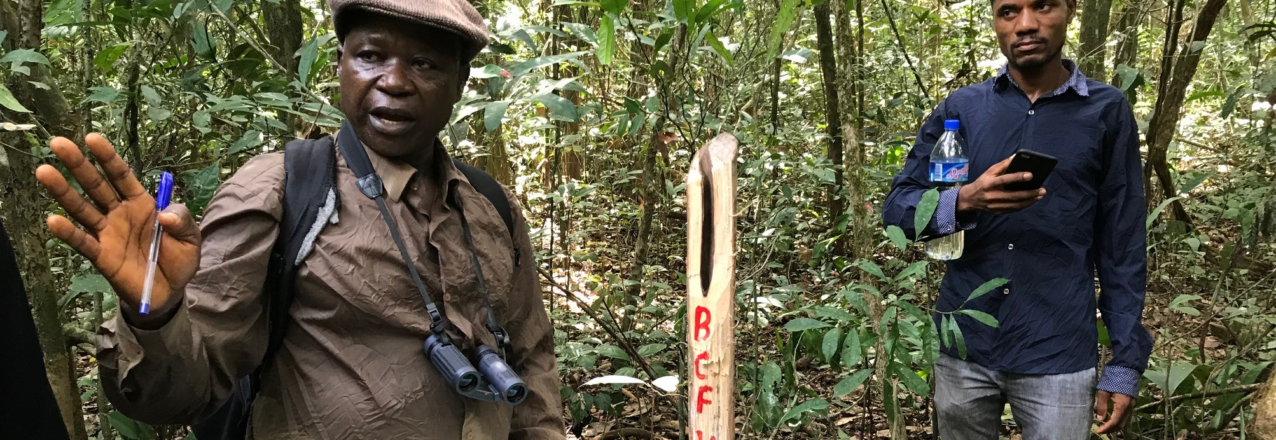
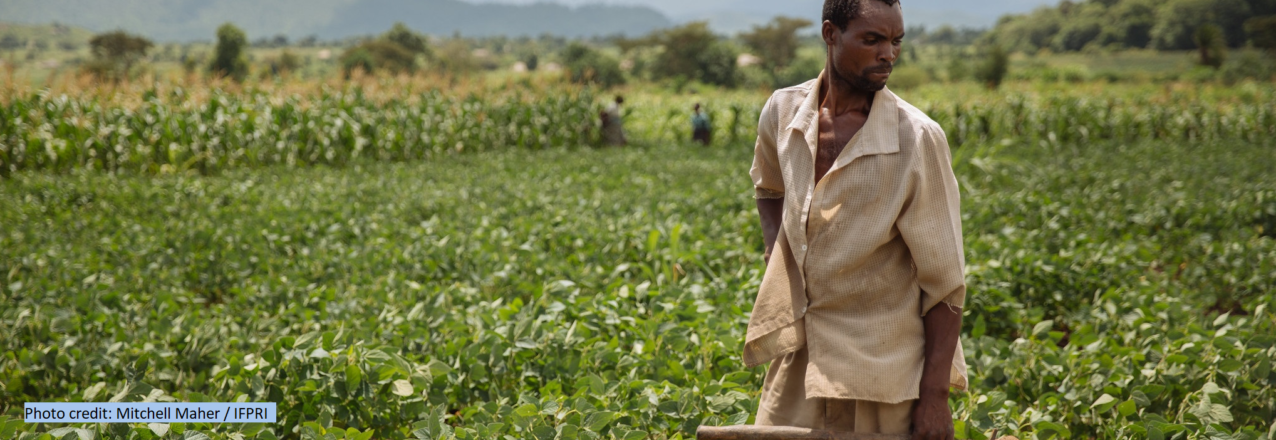
 Hosaena Ghebru (Ph.D) is Research Fellow at the Development and Governance Division of the International Food Policy Research Institute (IFPRI). Dr. Ghebru undertakes applied microeconomics research with a focus on property rights, land markets, and investment incentives. He is also specializing in gender-disaggregated impact evaluations of various land policy and governance reforms, assessing how those influence agricultural productivity and contribute to sustainable land management and intra-household welfare and bargaining power in selected African countries, including Nigeria, Mozambique, Ghana, Ethiopia, and Uganda. Dr. Ghebru is also coordinator of the “Monitoring and Evaluation of Land governance in Africa” (MELA) project, a pilot initiative designed to track progress in implementation of the African Union’s Declaration on Land Issues and Challenges in 10 selected African countries (Cote d’Ivoire, the Democratic Republic of Congo (DRC), Madagascar, Malawi, Niger, Nigeria, Rwanda, Tanzania, Uganda, and Zambia).
Hosaena Ghebru (Ph.D) is Research Fellow at the Development and Governance Division of the International Food Policy Research Institute (IFPRI). Dr. Ghebru undertakes applied microeconomics research with a focus on property rights, land markets, and investment incentives. He is also specializing in gender-disaggregated impact evaluations of various land policy and governance reforms, assessing how those influence agricultural productivity and contribute to sustainable land management and intra-household welfare and bargaining power in selected African countries, including Nigeria, Mozambique, Ghana, Ethiopia, and Uganda. Dr. Ghebru is also coordinator of the “Monitoring and Evaluation of Land governance in Africa” (MELA) project, a pilot initiative designed to track progress in implementation of the African Union’s Declaration on Land Issues and Challenges in 10 selected African countries (Cote d’Ivoire, the Democratic Republic of Congo (DRC), Madagascar, Malawi, Niger, Nigeria, Rwanda, Tanzania, Uganda, and Zambia).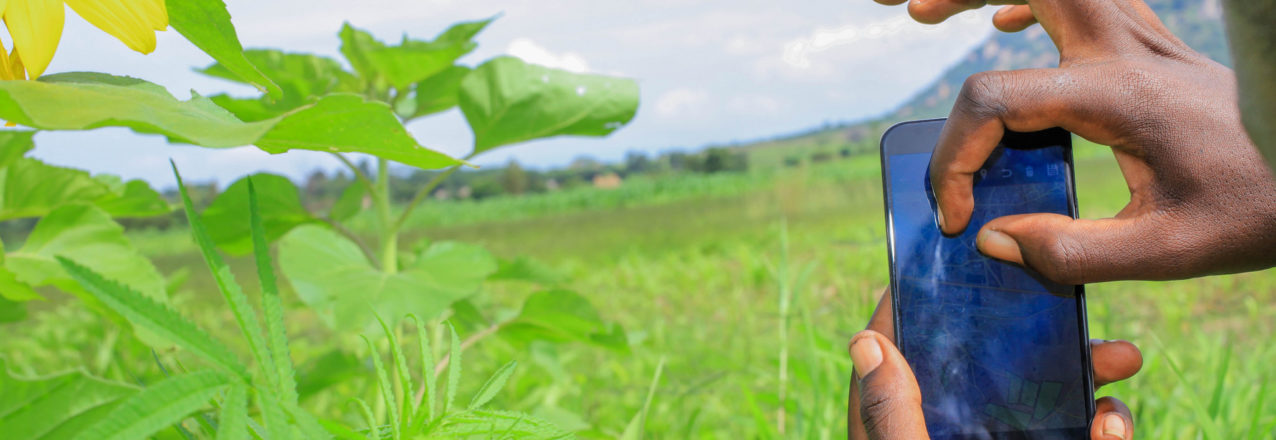
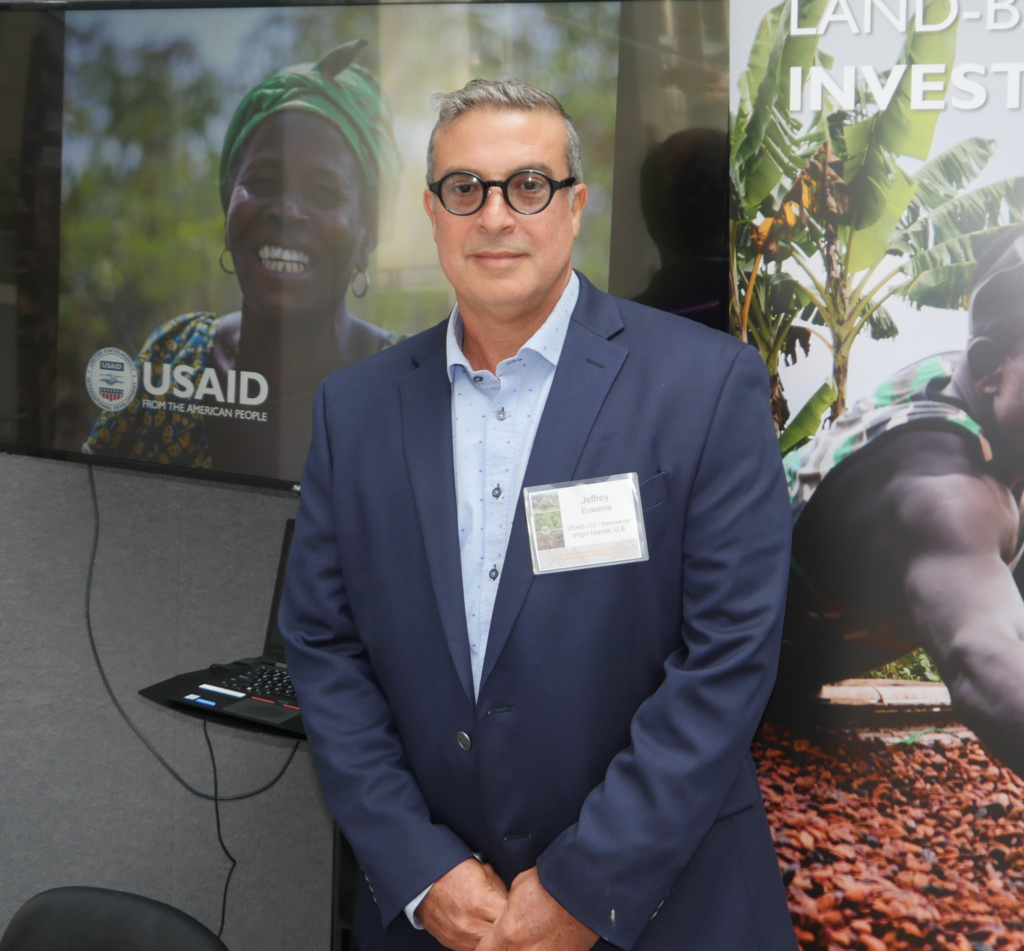 Mr. Jeffrey Euwema has worked for over 24 years as a field and home office-based project manager on international development projects, primarily focused on issues pertaining to land administration, land information management, and sustainability planning. Mr. Euwema has developed specifications for an integrated land technology platform for land documentation (Mobile Applications to Secure Tenure) and established a participatory implementation framework for its successful adaptation in rural Tanzania, Burkina Faso, and Liberia.
Mr. Jeffrey Euwema has worked for over 24 years as a field and home office-based project manager on international development projects, primarily focused on issues pertaining to land administration, land information management, and sustainability planning. Mr. Euwema has developed specifications for an integrated land technology platform for land documentation (Mobile Applications to Secure Tenure) and established a participatory implementation framework for its successful adaptation in rural Tanzania, Burkina Faso, and Liberia.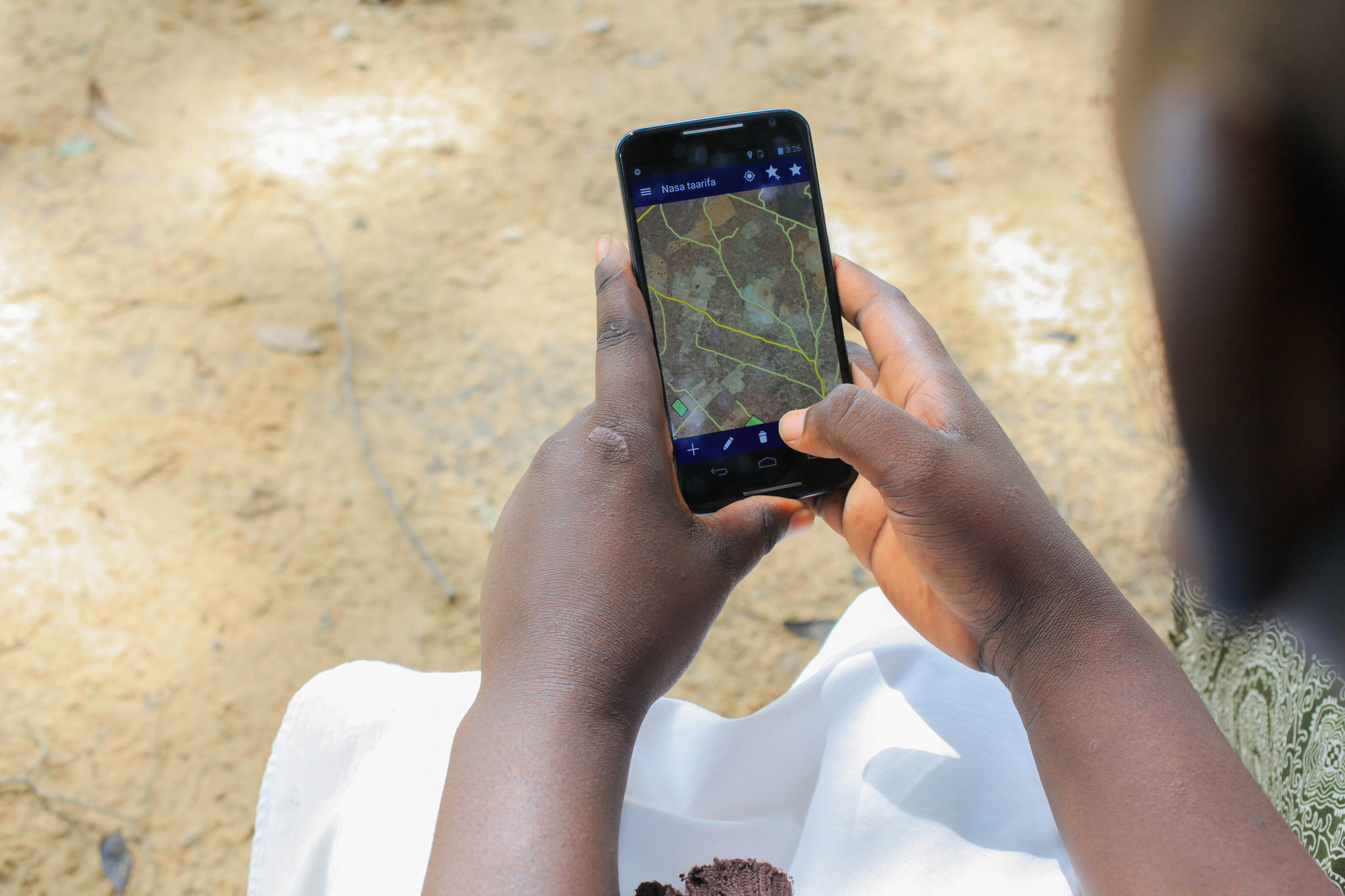
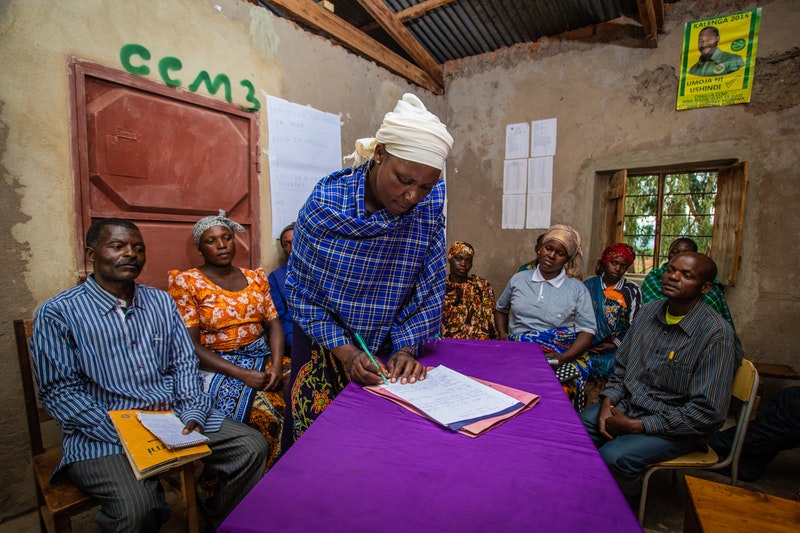
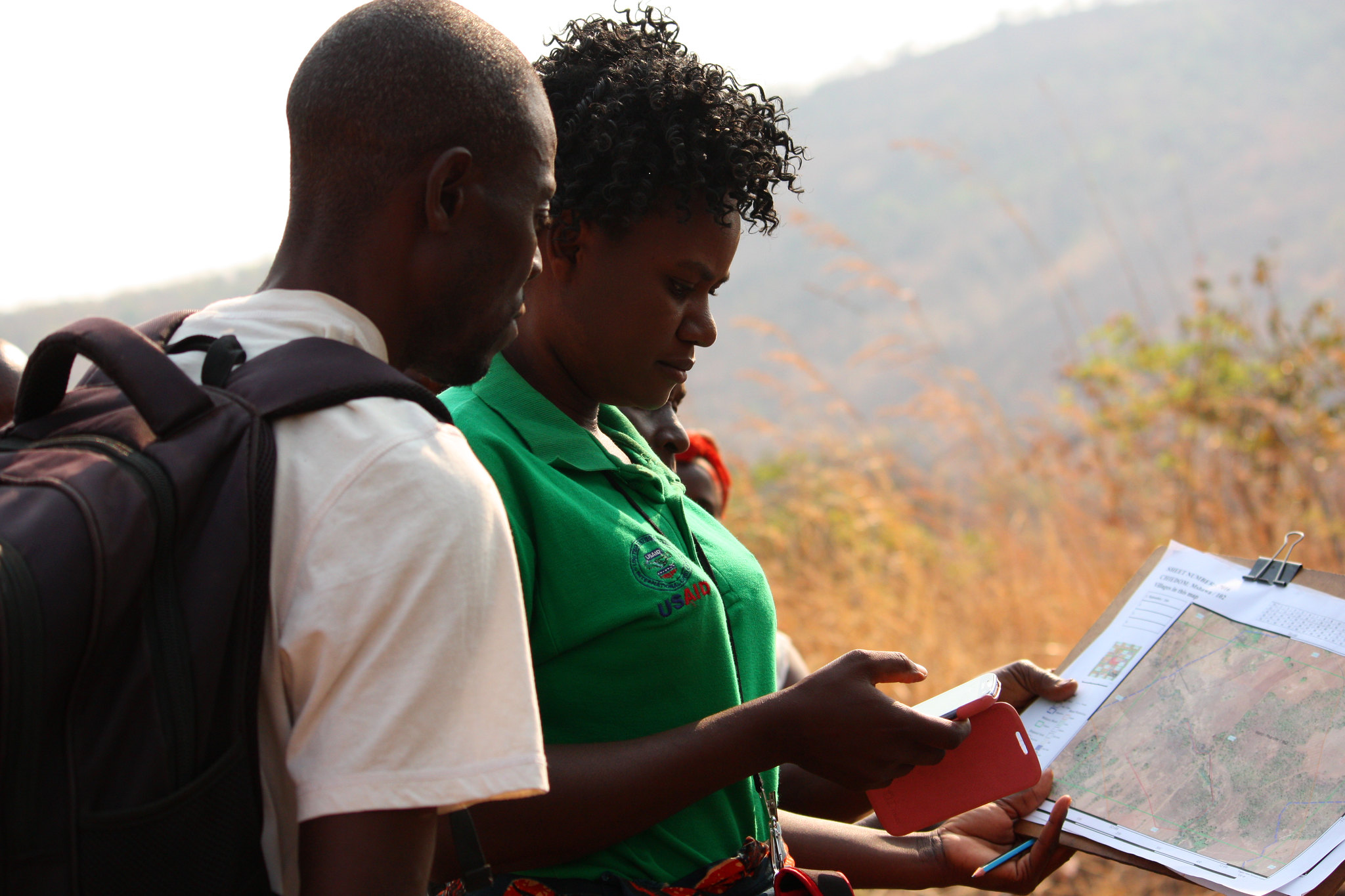
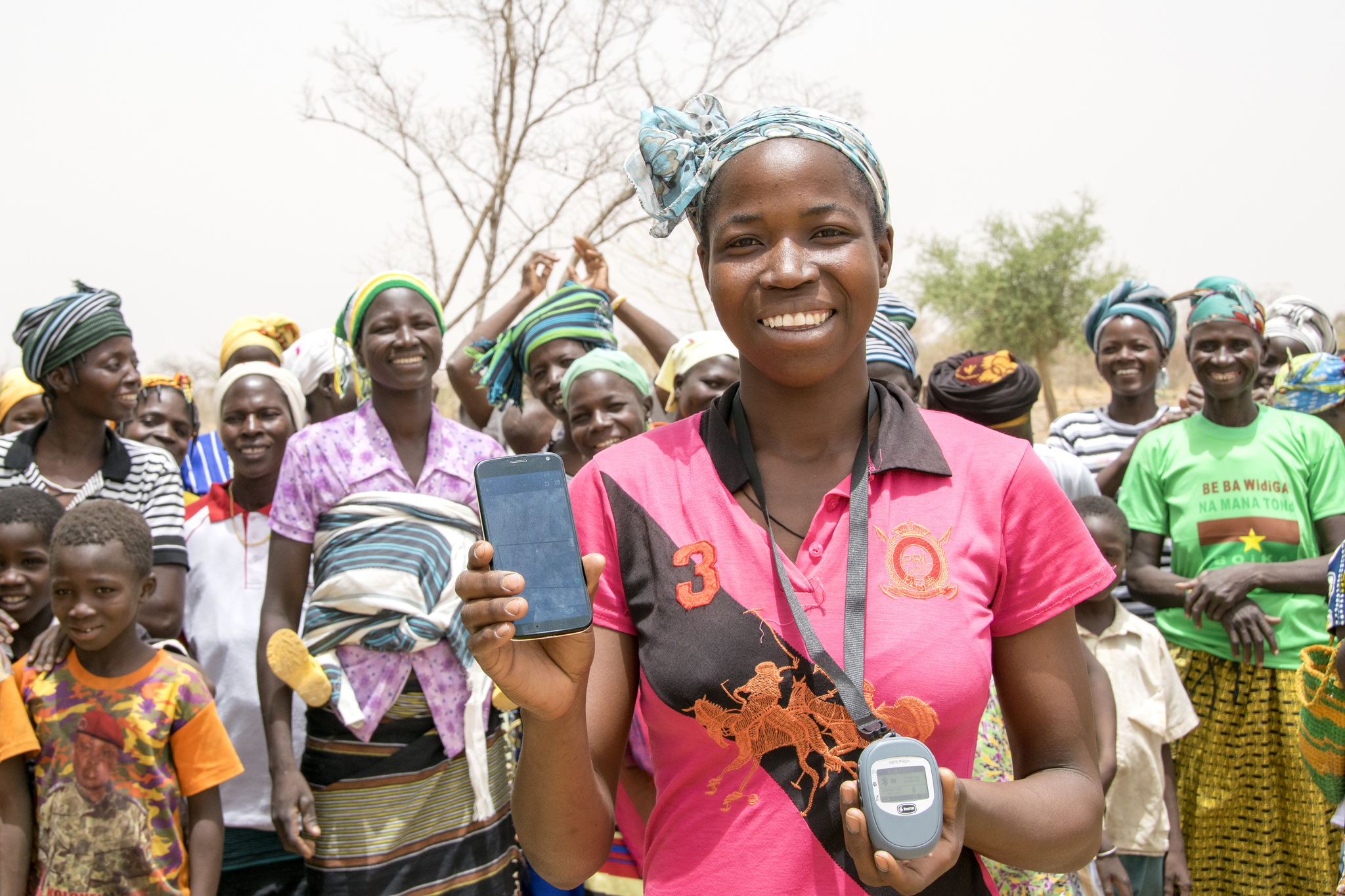
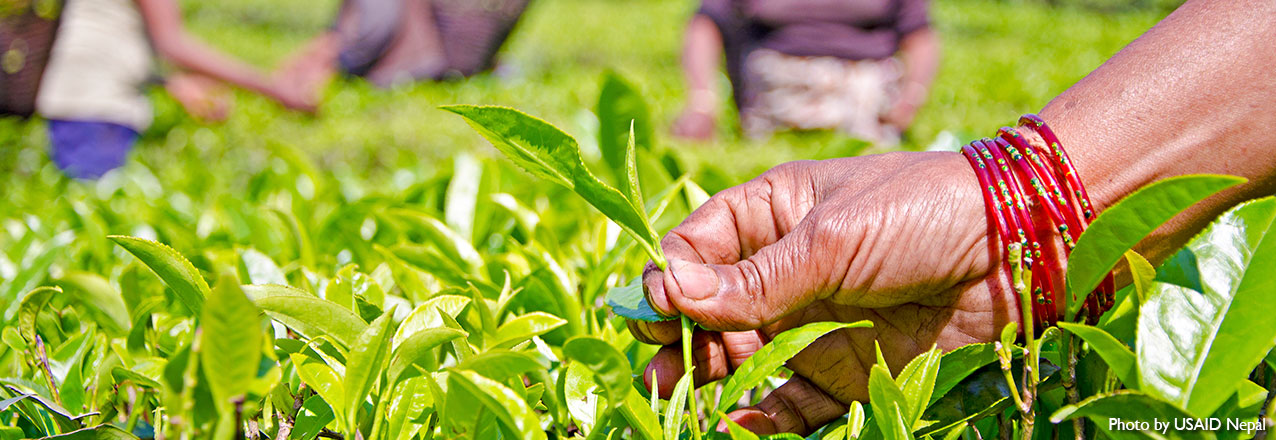
 Jeffrey Hatcher
Jeffrey Hatcher Finn Jacobsen
Finn Jacobsen Oriane Plédran
Oriane Plédran Sarah Lowery
Sarah Lowery